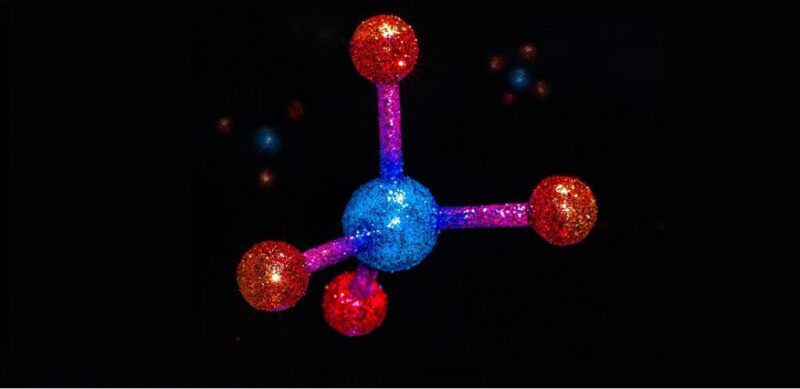Natural gas can have an important role to play in a low-emissions future, with clear benefits compared with other fossil fuels, particularly in terms of the effects on the climate and air quality. The level of that role, however, depends on methane emissions being controlled across the gas value chain.
Over the past years, IPIECA, the global oil and gas industry association for advancing environmental and social performance, has actively worked with its member companies to improve performance in reducing methane emissions. A virtual workshop planned for 2 November is set to look at methane science, regulations, voluntary initiatives, and global expectations.
Featuring speakers from the US, Canada, and Europe, the workshop has the goal of helping participants understand the fate of methane in the upper atmosphere and the latest scientific understanding of the global methane cycle. The workshop will also examine the types of methane measurement approaches that have been developed for different applications and the strengths and weaknesses of different approaches.
Attendees will consider the questions that should be posed before selecting technology types for detection and quantification and what conclusion one might or might not be able to draw from the information. Speakers also will facilitate a discussion on methane emission inventory developments in various companies and countries.

